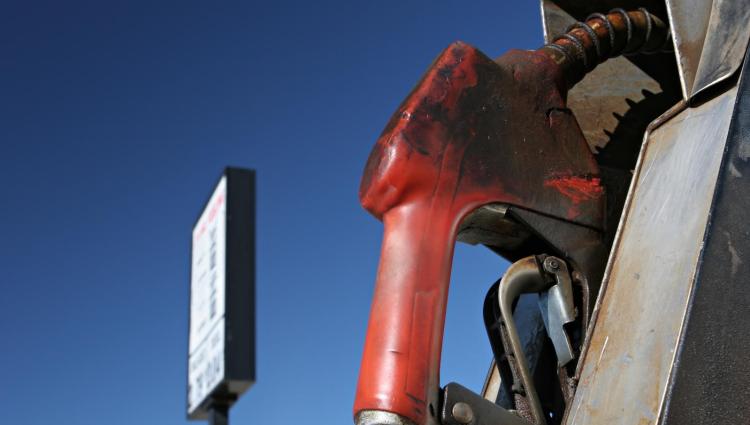Renewable Diesel's Potential Impact on Ag

By Joe Waddell, Director of Market Innovation
Renewable diesel is an advanced biofuel made from renewable feedstocks, and it has been gaining signification traction over the past few years as a cleaner alternative to traditional diesel fuels, which are derived from fossil fuels. This up-and-coming energy source has favorable greenhouse gas (GHG) reduction scores among current programs, including the Renewable Fuel Standard (RFS) and the California Low Carbon Fuel Standard (LCFS). The biomass-based diesel tax credit and other tradeable credit prices have been relied upon for renewable diesel producers to turn a profit and will likely continue to play a part, but the ramp-up in renewable diesel production could have a significant impact on oil seed crops over the next decade.
Renewable Diesel v. Biodiesel
Renewable diesel and biodiesel are derived through separate production processes and have different properties. What they do have in common is the feedstocks from which they can be created. Some common feedstocks used are soybean and canola oil, among other oil seeds and biogenic wastes (oils, fats, greases). Biodiesel is produced through a process called transesterification, which produces a nonhydrocarbon fuel. Biodiesel is typically blended with petroleum diesel (from B5 up to B20, 5-20% bio diesel). Biodiesel has a higher cloud point than both petroleum and renewable diesel, which limits its use in cold climates and makes it is more susceptible to microbial growth when not properly stored.
Renewable diesel is produced through hydrotreating or hydrocracking, a sophisticated refining process like the one used in traditional diesel fuel production. Due to the similar production process, renewable diesel results in a “drop in” replacement hydrocarbon fuel (with a higher production cost than biodiesel), meaning that it can be run as a standalone replacement for traditional diesel.
Why Should We Care About Renewable Diesel?
Both biodiesel and renewable diesel produce less GHG over their lifecycle assessments versus petroleum-based diesel. Renewable diesel has the potential to help the U.S. meet aggressive GHG emission reduction targets with its ability to be a “drop in” replacement for traditional petroleum diesel.
The renewable diesel production sector has outpaced current EPA Renewable Volume Obligations (RVO) projections. While the draft RVO numbers are out, the final numbers must be set by June 14, 2023. The capacity output for renewable diesel is projected to double by the year 2025, while the RVO currently only project a slight increase. At this year’s Commodity Classic, it was mentioned that U.S. Secretary of Agriculture Tom Vilsack was working with the EPA in an attempt to get the RVO numbers revised upwards, reflecting production capacity that will be coming online. If the EPA does not revise numbers upward to reflect capacity, it will put a major damper on the renewable diesel outlook. It will be interesting to see if there are any revisions upon final release this summer, as the RVO will directly impact actual production of renewable diesel output.
In summary, renewable diesel has the potential to have a significant impact on oil seed crops (such as soybean and canola) with an increased demand on feedstocks, while providing new revenue streams from crop residues and biogenic waste (oils/fats/grease), improving the sustainability of agricultural practices and contributing to rural economic development. The challenge will be balancing the production of renewable diesel and food production. There are several companies working to develop oil seeds for cover crops that can be used for renewable diesel production which would alleviate some concern over the use of food production for renewable diesel production. Renewable diesel has a huge potential to benefit both the ag sector and the environment for the long term if the RVO numbers can be revised to reflect actual production capacity coming online.
We’ll be keeping an eye on this topic to see how it evolves and its impact on our customers and community members. If you have any questions on renewable diesel, or just want to talk shop on the many innovations happening in the ag industry, please feel free to give me a call at 814.573.8341 or email jwaddell@horizonfc.com.